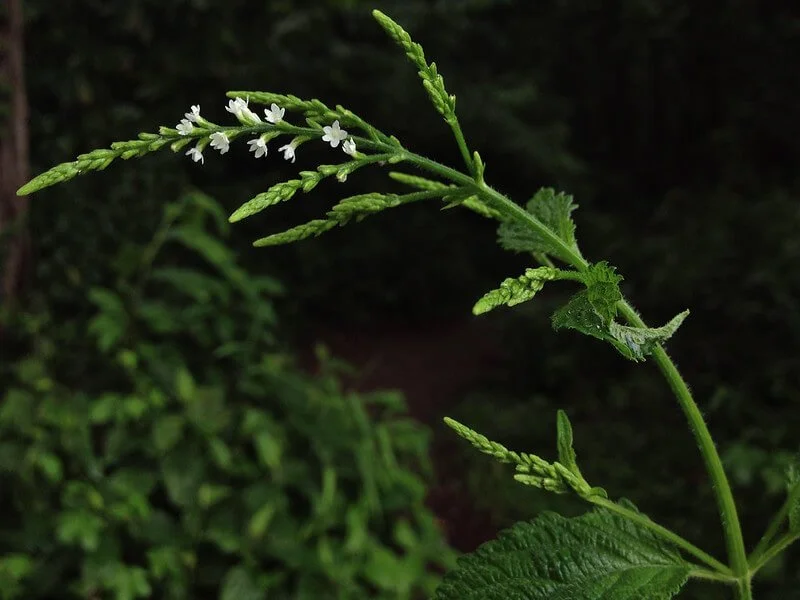Life Cycle: Perennial
Sun Exposure: Full
Soil Moisture: Medium-Dry
Height: 12 inches
Plant Spacing: 12-18 inches
Bloom Time: June-August
Bloom Color: Purple
Advantages: Pollinator Favorite, Rain Garden, Great landscaping plant
Host Plant: Common Buckeye (illinoiswildflower.info)
Species of Concern: State Status: Threatened (legally protected). State Rank: Critically imperiled (mnfi.anr.msu.edu)
Complementary Plants: Bee balm, Butterfly weed, Hoary vervain, Horsemint, Little bluestem












